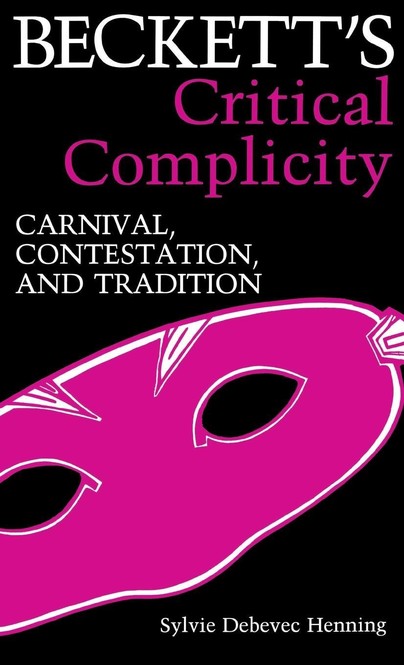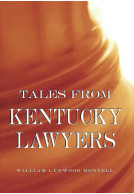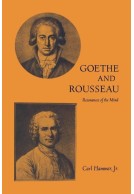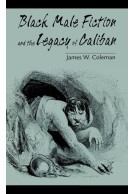Beckett's Critical Complicity (Hardback)
Carnival, Contestation, and Tradition
Imprint: University Press of Kentucky
Pages: 240
ISBN: 9780813116648
Published: 14th October 1988
Script Academic & Professional
Pages: 240
ISBN: 9780813116648
Published: 14th October 1988
Script Academic & Professional
This book will be reprinted and your order will be released in due course.
You'll be £27.00 closer to your next £10.00 credit when you purchase Beckett's Critical Complicity. What's this?
+£4.99 UK Delivery or free UK delivery if order is over £40
(click here for international delivery rates)
Need a currency converter? Check XE.com for live rates
(click here for international delivery rates)
Need a currency converter? Check XE.com for live rates
Samuel Beckett's work harbors an inevitable complicity with traditional modes and values. His idealist and even nihilist inclinations, for example, are closely related to the abstracting and systematizing tendencies that have predominated in Western thinking. His drama and fiction, in reproducing these tendencies, also help to reinforce and legitimate them. Beckett's work can thus be said to encourage an attitude of stoic resignation or life-denying withdrawal.
Sylvie Debevec Henning's study reveals an important countertendency. In examining Beckett's art and literary criticism, his novel Murphy, plays Krapp's Last Tape and Endgame, his only film venture, and the late story "The Lost Ones," she shows that through a variety of double-voiced techniques -- irony, parody, and satire -- Beckett also brings a powerful critical light to bear upon our culture's repeated attempts to reduce or eliminate the more problematic aspects of existence and even mocks our desire to do so. His disquieting and occasionally uproarious interweaving of contradictory perspectives -- somber and carnivalized, established and contestory -- suggests that suffering and anguish are fundamental to life, while it affirms their relation to laughter and creative vigor within a richer, if less settled, cultural context.
Drawing upon the work of Nietzsche, Heidegger, Foucault, Derrida, and particularly Bakhtin, Henning argues that Beckett's profound critique of Western intellectual tradition does not necessarily entail the loss of all positive values and beliefs. On the contrary, his use of carnivalesque and dialogized modes signals a revitalizing capacity that has not been fully appreciated.
Other titles in University Press of Kentucky...















